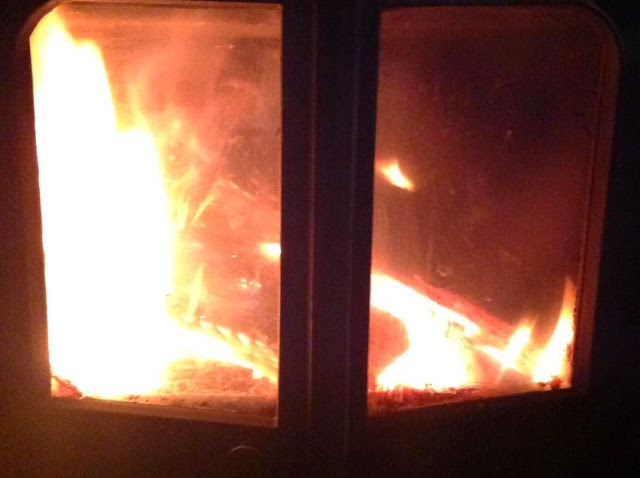We all read a lot of material every day. Not including those books by your bedside, and those papers on your desk, you read cereal packets, sauce bottles, postings on social media, newspapers, food ingredients, computer screens phone screens, traffic signs and all the rest. Some of us have jobs that require us to read documents, legal briefs, sales forecasts, mark exercise books etc. We also hear words of course, families, colleagues, podcasts, radio. We might even watch a movie with subtitles which invoke hearing words and reading them at the same time.
Searching the internet, I find that the average American (and I suppose the rest of the world) reads or hears more than 100000 words every day! I haven't succeeded in finding out the methodology behind that figure but let's just accept that we take in a lot of information each and every day!
Given all this information, it's incredible that we remember anything at all! Some things we always remember, if you add seventeen to the year you were born and look online what the number one record was in the charts that week (you can tell me what that record was in the comments section if you like, I promise not to deduct seventeen to discover your age). I'm sure you will remember the lyrics of that song at once! You may not get every word right, but you'll do well, I'm sure. If you liked the song chances are it will be easy to remember the lyrics, but even if you hated the song (I particularly dislike the song that was number one when I was seventeen) you will remember it!
You can also remember the plot of ‘The French Lieutenant’s Woman’, ‘The Secret History’, or ‘Pride and Prejudice’. Of course, things may not be as simple as they seem, you may have heard that song hundreds of times since you were seventeen, it might be on a Spotify playlist that you put on regularly. And of course, the tune acts as an aid to help trigger those memories. Perhaps you have reread those books, or seen a film of them, or had to write an essay on them. Lots of reasons to remember. Some people can't remember plots of books films, plays or anything else1 they can watch the same film every few years and not remember what happens, others remember the whole plot as soon as they see the first scene. These two kinds of people should never watch a film together as they will irritate each other constantly!
Whats all this got to do with simple living? That’s what this blog is all about right? Well, I remember reading an article from ‘The Guardian’ (a UK newspaper) from the winter of 2015! Why? It left a lasting impressin on me so that I had to trace the article some years later.
It wasn’t for the body of the article itself (link given below) which was a man who decided to quit his job and go and live in a yurt. He did this because he felt that some kind of apocalyptic situation was going to take place and he needed to prepare. At the end of the article a list was given of kind of apocalyptic (I prefer the more Anglo-Saxon term ‘the end of days’ myself) preparation type we are. I posted this list on Facebook and the comments were many, people happily commented on which description best fitted them. I note that of the many comments on the post nobody commented ‘what apocalypse’, ‘things are fine, no need to worry’. They all opted for one of these descriptions of how the future will work. True that some of the descriptors seem to be not very apocolyptic, but that should reassure you!
Here is that very list. Which best describes you?
Boomer Someone who thinks that technological progress will continue indefinitely and make us all richer and happier.
Catastrophism The belief that the world is heading towards an economic, environmental, social or spiritual collapse, and a new and better world will emerge from the ashes of the old one.
Cornucopian See boomer.
Declinism The belief that things are getting worse, compared to a former Golden Age. Popular candidates for the start of this decline include the Industrial Revolution (romanticism) and the birth of agriculture (primitivism).
Doomer Someone who believes catastrophe is imminent, and that civilisation will collapse.
Millennialism The belief that the imperfect world we live in will soon be destroyed and replaced with a better one.
Prepper Someone who is actively preparing for a disaster by stocking up on food and other items. The disaster could be anything from an extended power cut to a global catastrophe; some preppers are preparing for a relatively small disaster.
Primitivism The belief that modern civilisation makes people unhappy, and that the cure lies in returning to a more simple life.
Rewilding The process of reversing human domestication by relearning primitive skills such as hunting and gathering.
Survivalist Someone who is stocking up so they can survive. Unlike preppers, they tend to think the disaster will be global, or national at the least.
Transhumanist Someone who hopes that future developments in technology will radically transform human nature for the better.
(C) Dylan Evans. From the book ’The Utopia Experiment’ 2015
No surprise that I'm a devotee of ‘primitivism’ with side dishes of ‘rewilding’ and ‘prepper’. How about you? I'd love to know!
The original article is here https://www.theguardian.com/society/2015/jan/31/i-quit-my-job-to-set-up-commune
If you are interested in yurt living, try these YouTube videos (addiction warning!)









